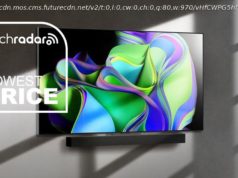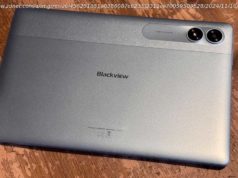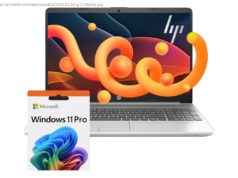Desktop Linux surge sees open source operating system overtake MacOS, according to Netmarketshare figures
The latest figures from Netmarketshare suggest that open source operating system Linux has overtaken MacOS in usage for the first time — although the apparent surge has been questioned.
The latest figures from Netmarketshare suggest that the installed base for Linux has climbed in popularity recently, with the organisation suggesting that market share now stands at 4.83 per cent of desktops globally, possibly propelled by user disgruntlement over Windows 10.
The leap in usage recorded by Netmarketshare moves it ahead of Apple’s MacOS X 10.12, which stands at 3.8 per cent, according to Netmarketshare’s figures.
However, this apparent sudden surge in adoption of Linux could be inaccurate, as Netmarketshare extrapolates its figures from visitors to a sample of 40,000 websites.
Other operating system market share measurement services have yet to report similar growth, although Linux has enjoyed steady growth for some time.
What seems less in doubt from Netmarketshare’s figures, though, is that the desktop operating system market remains dominated by Microsoft operating systems in all their many different flavours.
Despite Microsoft’s vigorous Windows 10 push, it remains behind Windows 7, which was launched more than eight years ago, at 28.65 per cent to 46.22 per cent.
Windows XP, released in 2001, also still refuses to die, filing market share of 5.51 per cent with the measurement group, despite going out of support on 8 April 2014.
In July of 2017, the Ubuntu Linux operating system was made available via the Windows Store, enabling it to run alongside Windows 10.
This is the latest sign of the increasingly close relationship between Windows and open source, particularly Linux.
The new Ubuntu for Windows runs in a Sandbox. SUSE and Fedora are also lined up to run in a similar way.
The Ubuntu installation offers its own command line utilities, but perhaps most useful is that it has full access to the file system of the Windows machine meaning it can share all media and documents.






